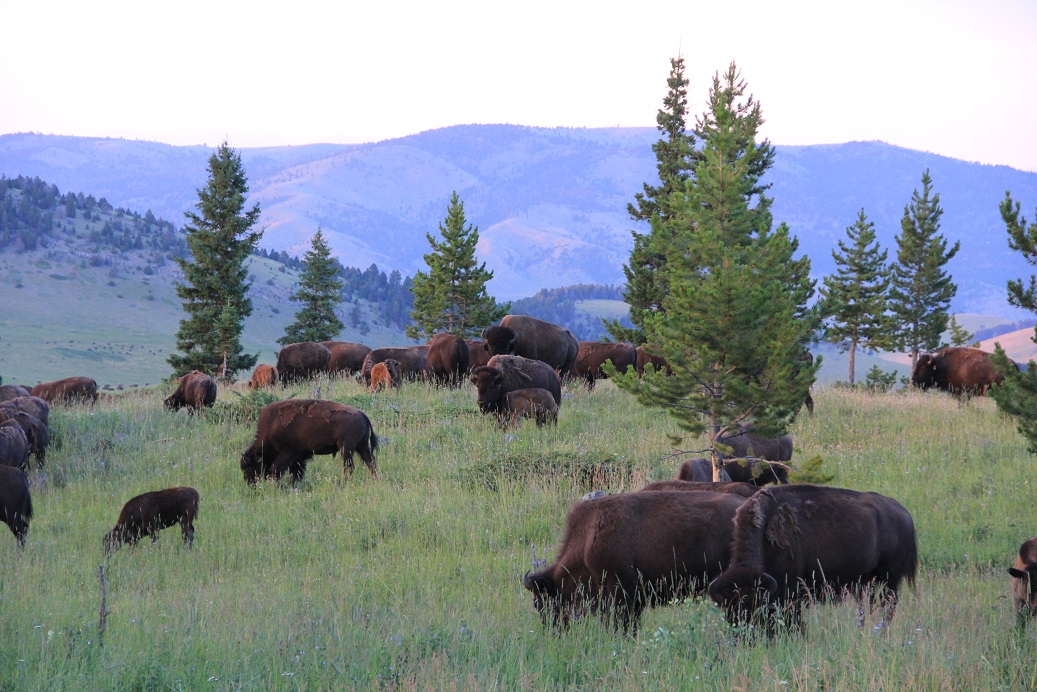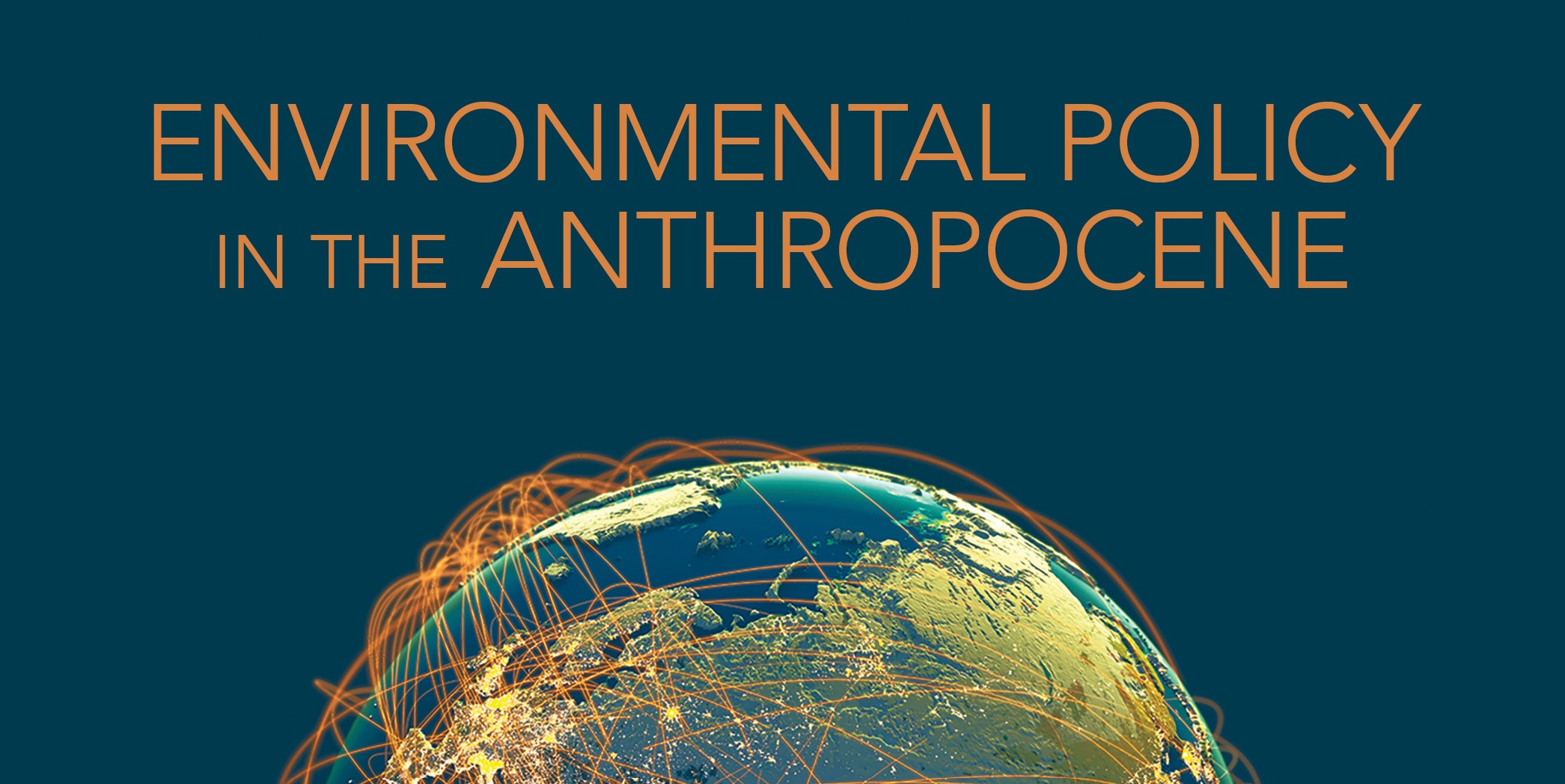It is appropriate that Elouise Cobell be honored with the Presidential Medal of Freedom, but it would be better yet if the federal government would grant all Native Americans the freedom suggested by the award’s title – especially when it comes to energy development.



